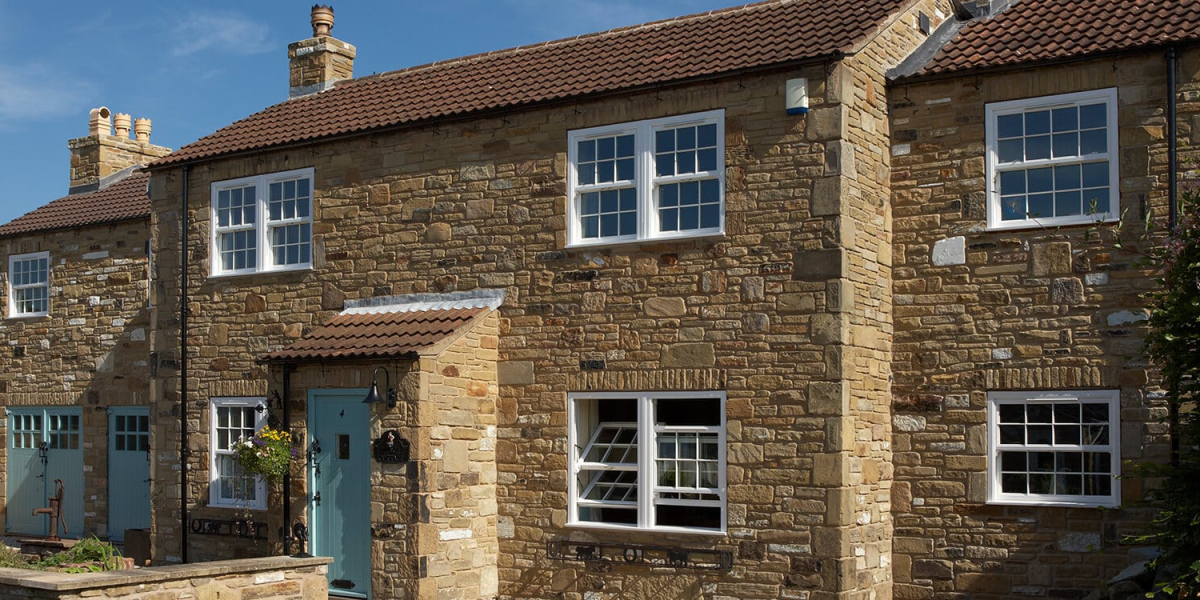In recent years, the concept of urban technology has gained significant traction as cities around the world strive to become smarter and more efficient. But what exactly does this mean for urban living? As we delve into the transformative power of urban technology, we will explore its implications for sustainability, connectivity, and quality of life.
Understanding Urban Technology
Urban technology encompasses a wide range of innovations designed to improve the functionality and livability of urban environments. This includes smart infrastructure, data analytics, and the Internet of Things (IoT). By integrating these technologies, cities can enhance public services, reduce energy consumption, and improve transportation systems.
- Smart traffic management systems
- Energy-efficient buildings
- Public Wi-Fi networks
- Waste management solutions
The Role of Data in Smart Cities
Data plays a crucial role in the development of smart cities. By collecting and analyzing data from various sources, urban planners can make informed decisions that lead to better resource allocation. For instance, real-time traffic data can help optimize traffic flow, reducing congestion and emissions. Have you ever wondered how cities can predict and respond to urban challenges? The answer lies in the effective use of data.
Enhancing Quality of Life
One of the primary goals of urban technology is to enhance the quality of life for residents. Smart cities aim to create environments that are not only efficient but also enjoyable to live in. This can be achieved through:
- Improved public transportation options
- Access to green spaces
- Enhanced public safety measures
- Community engagement platforms
As urban technology continues to evolve, it is essential for city officials and residents to collaborate in shaping the future of their communities. By fostering a culture of innovation, cities can become more resilient and adaptable to change.
Challenges and Considerations
Despite the numerous benefits of urban technology, challenges remain. Issues such as data privacy, cybersecurity, and the digital divide must be addressed to ensure equitable access to these advancements. How can cities balance innovation with the need for security and inclusivity? This question is critical as we move forward.
In conclusion, the rise of smart cities driven by urban technology presents a unique opportunity to transform urban living. By leveraging data and innovative solutions, cities can enhance sustainability, connectivity, and overall quality of life. As we embrace this technological revolution, it is vital to remain mindful of the challenges that accompany it.
For those interested in exploring more about the intersection of technology and urban living, consider visiting for additional resources.








